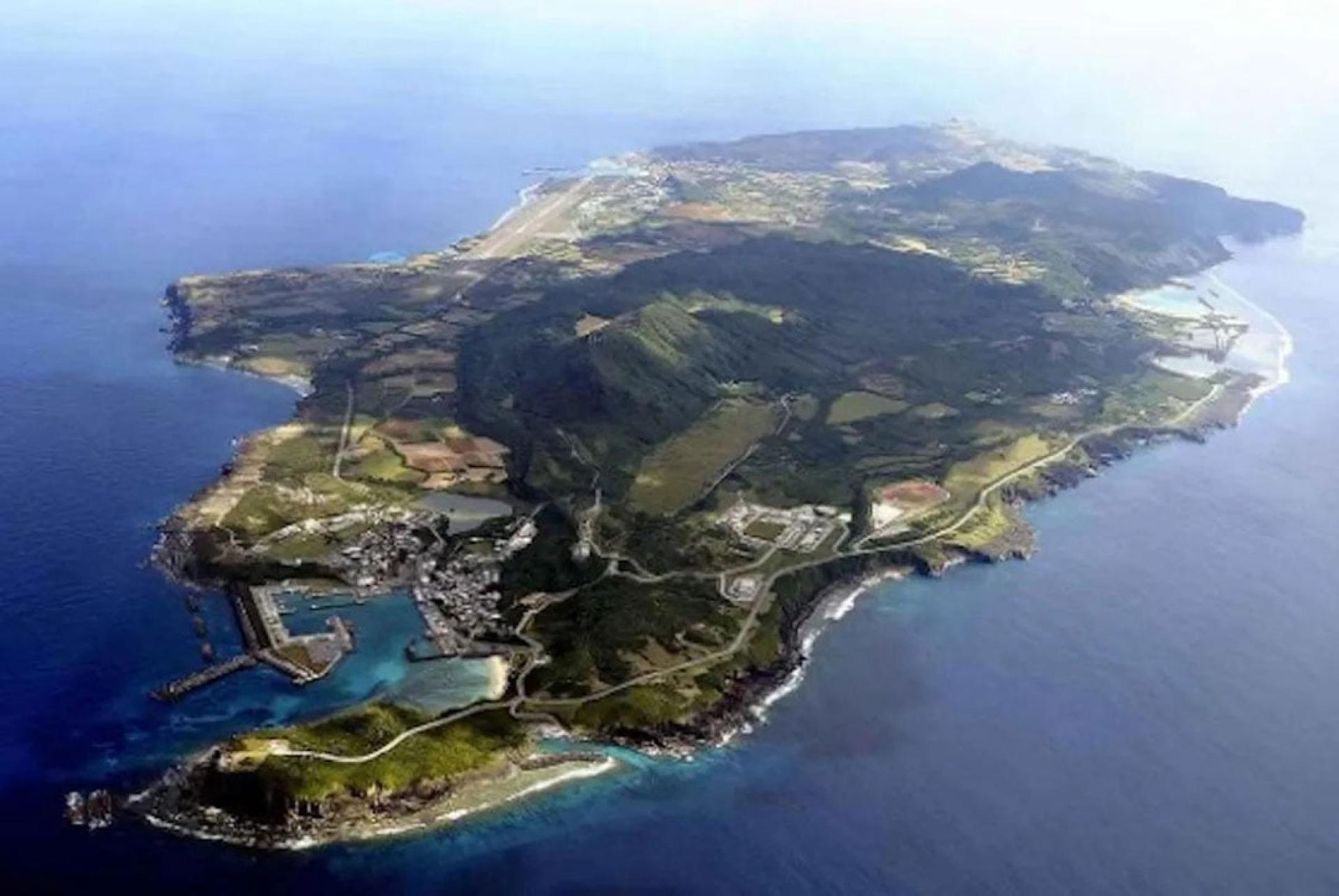Regarding Japan's plan to deploy missile units on Yonaguni Island, Chinese Foreign Ministry spokesperson Mao Ning responded on the 24th that the Japanese side's deployment of offensive weapons on the southwestern islands is a deliberate act to create regional tensions and provoke military confrontation. In association with the erroneous remarks made by Japanese Prime Minister Sanae Takaichi regarding Taiwan, this move is extremely dangerous and should draw high alert from neighboring countries and the international community.
Japanese Defense Minister Shinjiro Koizumi visited Yonaguni Town in Okinawa Prefecture on the 23rd and met with Mayor Tsuneo Uechi. Yonaguni Island is about 110 kilometers from Taiwan and has an existing port and runway. In 2016, Japan stationed a 160-person coastal surveillance unit there, followed later by an electronic warfare unit.
Japan plans to deploy the Type 03 medium-range surface-to-air missile unit on Yonaguni Island, which is capable of intercepting aircraft and ballistic missiles. Regarding the missile deployment plan on Yonaguni, Koizumi pointed out that the deployment is to protect the island's security, "The claim that this will heighten regional tensions is not correct."
At the Chinese Foreign Ministry's regular press conference on November 24th, media inquired about Defense Minister Shinjiro Koizumi's comments last weekend regarding Japan's plan to deploy medium-range surface-to-air missiles on Yonaguni Island, claiming the deployment aims to safeguard the island's security and reduce the likelihood of Japan suffering armed attack, and that this move will not aggravate regional tensions. What is the spokesperson's comment?
Spokesperson Mao Ning responded that the Japanese side’s deployment of offensive weapons on the southwestern islands is a deliberate attempt to create regional tension and provoke military confrontation. In association with the erroneous remarks made by Prime Minister Sanae Takaichi regarding Taiwan, this move is extremely dangerous and should draw high alert from neighboring countries and the international community.
Mao Ning mentioned that the Potsdam Proclamation clearly stipulated that Japan is "prohibited from rearmament," and Japan's "Peace Constitution" also establishes the principle of "exclusively defense-oriented policy." However, what is alarming is that in recent years, Japan has made major adjustments to its security policy, has annually increased its defense budget, relaxed restrictions on arms exports, sought to develop offensive weapons, and plotted to abandon the "three non-nuclear principles." Right-wing forces in Japan are striving to break free from the constraints of the "Peace Constitution" and are moving further down the path of military expansion, bringing disaster to Japan and the region.
Mao Ning stressed that this year marks the 80th anniversary of the victory of the Chinese People's War of Resistance Against Japanese Aggression, as well as the 80th anniversary of Taiwan's recovery. "China will never allow Japanese right-wing forces to turn back the wheel of history, never allow external forces to meddle in China's Taiwan region, and never allow the resurrection of Japanese militarism." China has the determination and ability to safeguard its national territorial sovereignty.
